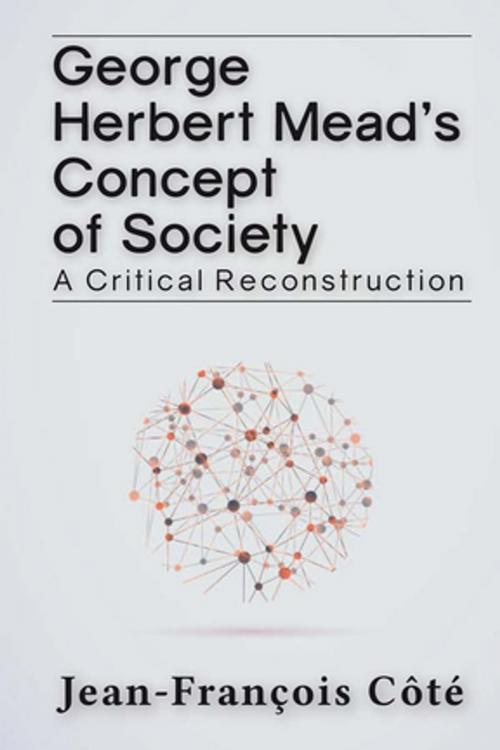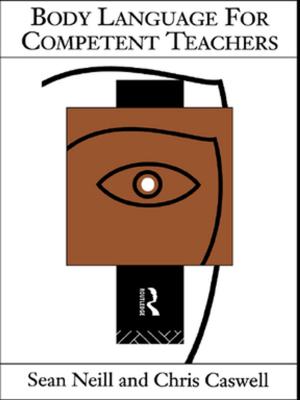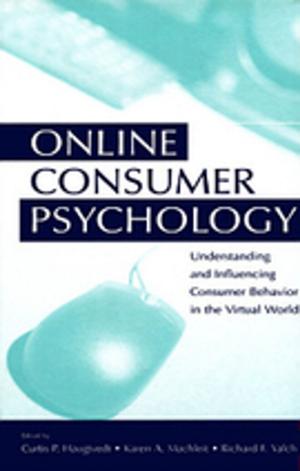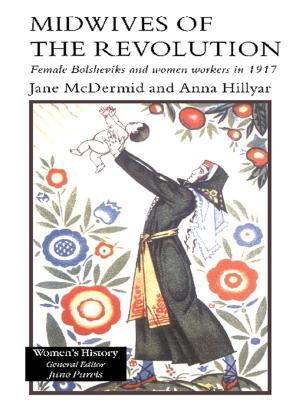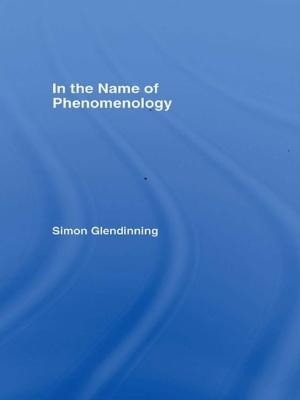George Herbert Mead's Concept of Society
A Critical Reconstruction
Nonfiction, Social & Cultural Studies, Social Science, Sociology, Political Science| Author: | Jean-François Côté | ISBN: | 9781317259251 |
| Publisher: | Taylor and Francis | Publication: | December 3, 2015 |
| Imprint: | Routledge | Language: | English |
| Author: | Jean-François Côté |
| ISBN: | 9781317259251 |
| Publisher: | Taylor and Francis |
| Publication: | December 3, 2015 |
| Imprint: | Routledge |
| Language: | English |
This book offers a new look at Mead's concept of society, in an attempt to reconstruct its significance for sociological theory. Chapter 1 offers a critical genealogical reading of writings, from early articles to the latest books, where Mead articulates his views on social reform, social psychology, and the gradual theorization of self and society. Chapter 2 pays attention to the phylogenetic and ontogenetic processes at work in both the self and society, by comparing Mead's social psychology with Freudian and Lacanian psychoanalysis. Chapter 3 brings together all the elements that are part of the structures of self and society within a topological and dialectical schematization of their respective and mutual relations. Chapter 4 is devoted to the passage of Mead's views from social psychology to sociology, with a critical look at Herbert Blumer's developments in symbolic interactionism as the presumed main legitimate heir of Mead's social psychology. Chapter 5 examines how Mead's general philosophical views fit within the new epistemological context of contemporary society based on communication and debates on postmodernity.
This book offers a new look at Mead's concept of society, in an attempt to reconstruct its significance for sociological theory. Chapter 1 offers a critical genealogical reading of writings, from early articles to the latest books, where Mead articulates his views on social reform, social psychology, and the gradual theorization of self and society. Chapter 2 pays attention to the phylogenetic and ontogenetic processes at work in both the self and society, by comparing Mead's social psychology with Freudian and Lacanian psychoanalysis. Chapter 3 brings together all the elements that are part of the structures of self and society within a topological and dialectical schematization of their respective and mutual relations. Chapter 4 is devoted to the passage of Mead's views from social psychology to sociology, with a critical look at Herbert Blumer's developments in symbolic interactionism as the presumed main legitimate heir of Mead's social psychology. Chapter 5 examines how Mead's general philosophical views fit within the new epistemological context of contemporary society based on communication and debates on postmodernity.
